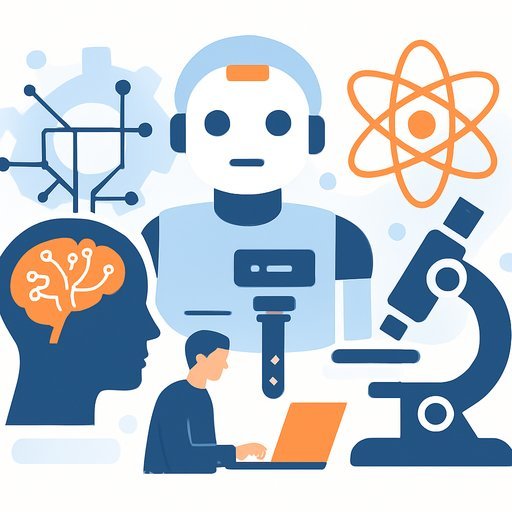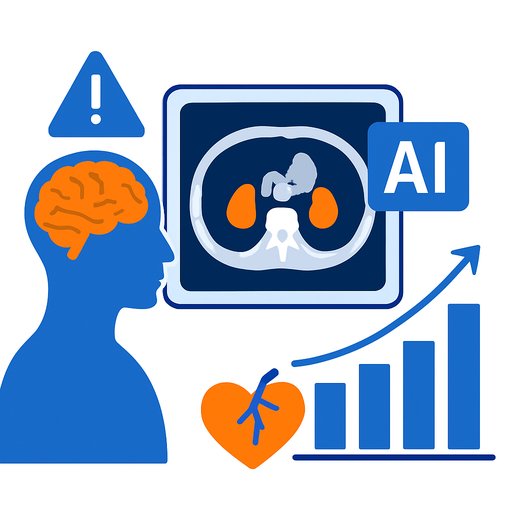Shanghai forum maps a practical path for quantum AI
Shanghai's Zhangjiang Science City hosted a focused forum on AI quantum and quantum intelligence as part of the 18th Pujiang Innovation Forum. Researchers and industry leaders from China, the United States, the Netherlands, Luxembourg, and Singapore met for technical talks and roundtables on Sunday.
The agenda was clear: confront compute limits in advanced AI and test how quantum methods can push past them. The discussion centered on realistic timelines, hardware bottlenecks, and application pilots that can move from lab to field.
Key discussions
- Intersection of AI with atomic quantum computing and quantum information science
- Quantum circuit optimization and compilation strategies
- Practical use of quantum algorithms for ML training and inference
Participants highlighted that scaling frontier AI is hitting classical compute ceilings. Quantum approaches could speed up training, cut cost, and increase model expressiveness-once hardware and error rates improve.
Shanghai's joint quantum AI initiative
A new city-level initiative was announced, linking 12 research organizations and leading quantum enterprises. Members include Fudan University, the Shanghai Qi Zhi Institute, the Shanghai Research Center for Quantum Sciences, and the Shanghai Artificial Intelligence Laboratory.
According to Li Xiaopeng of Fudan University's physics department, the five-year plan targets cross-disciplinary research in quantum AI: advancing core theory, enabling technologies, and high-impact applications while building talent pipelines.
Application scenarios released
The forum published Shanghai's top 10 quantum computing application scenarios with pilots in multiple sectors.
- Electricity: grid optimization, unit commitment, and outage scheduling
- Finance: risk analysis, derivatives pricing, and portfolio construction
- Logistics: routing, packing, and scheduling
- New energy: materials discovery and system planning
- Biomedicine: molecular modeling and candidate screening
Expert view
Andrew Chi-Chih Yao noted that China is at the forefront in applying AI across robotics and materials science. He added that advances across electronic industries will draw heavily from quantum technologies and called for decisions with a decade-long horizon.
What matters for researchers
- Hybrid workflows: Variational quantum circuits paired with classical optimizers for kernels, feature maps, and generative models.
- Compilation and error handling: Circuit depth reduction, layout selection, error mitigation, and noise-aware training.
- Hardware-algorithm co-design: Match problem structure to qubit topology and native gates; minimize two-qubit operations.
- Benchmarking: Use standardized ML tasks beyond toy datasets; report wall-clock, cost, and fidelity.
- Near-term focus: Combinatorial optimization, approximate linear algebra, and sampling where shallow circuits can help.
What matters for industry teams
- Define objective functions and constraints precisely; start with small, high-value subproblems.
- Compare quantum, quantum-inspired, and best classical baselines before committing resources.
- Engage with Shanghai's ecosystem at Zhangjiang and the new initiative for pilots and talent.
- Build a tight team: quantum algorithms, ML engineering, systems integration, and product owners.
Useful resources
Upskilling
If you're planning an internal training track for AI workflows, explore curated learning paths by role: AI courses by job.
Your membership also unlocks:






